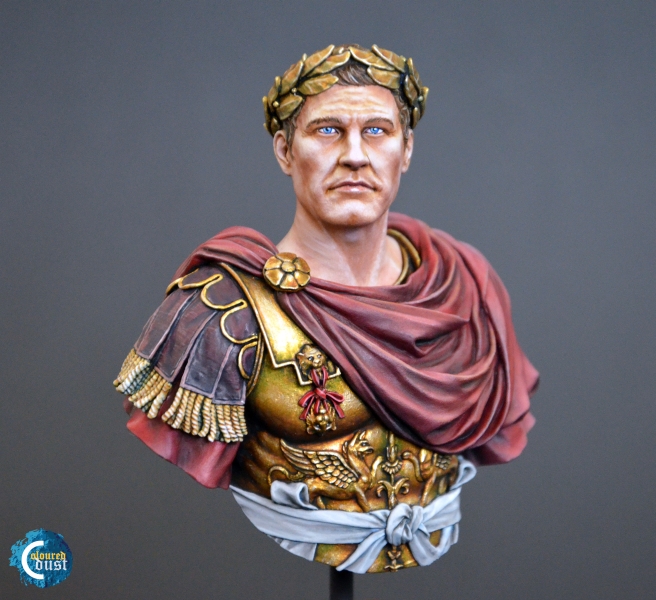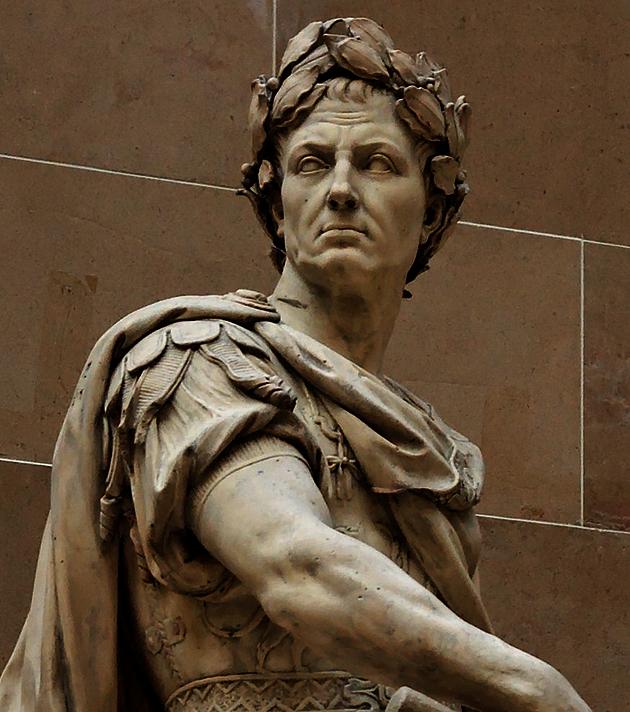
Aquitania extends from the river Garonne to the Pyrenaean mountains and to that part of the ocean which is near Spain: it looks between the setting of the sun, and the north star.Ģ Among the Helvetii, Orgetorix was by far the most distinguished and wealthy. The Belgae rises from the extreme frontier of Gaul, extend to the lower part of the river Rhine and look toward the north and the rising sun. One part of these, which it has been said that the Gauls occupy, takes its beginning at the river Rhone it is bounded by the river Garonne, the ocean, and the territories of the Belgae it borders, too, on the side of the Sequani and the Helvetii, upon the river Rhine, and stretches toward the north.

Of all these, the Belgae are the bravest, because they are furthest from the civilization and refinement of Province, and merchants least frequently resort to them, and import those things which tend to effeminate the mind and they are the nearest to the Germans, who dwell beyond the Rhine, with whom they are continually waging war for which reason the Helvetii also surpass the rest of the Gauls in valor, as they contend with the Germans in almost daily battles, when they either repel them from their own territories, or themselves wage war on their frontiers. The river Garonne separates the Gauls from the Aquitani the Marne and the Seine separate them from the Belgae. All these differ from each other in language, customs and laws. Caesar, having sent his army into winter quarters amongst the Sequani, proceeds to perform the civil duties of his proconsular office.ġ 2 3 4 5 6 7 8 9 10 11 12 13 14 15 16 17 18 19 20 21 22 23 24 25 26 27 28 29 30 31 32 33 34 35 36 37 38 39 40 41 42 43 44 45 46 47 48 49 50 51 52 53ġ All Gaul is divided into three parts, one of which the Belgae inhabit, the Aquitani another, those who in their own language are called Celts, in our Gauls, the third. The overthrow of the Germans and their flight from Gaul. LIV. Conference between Caesar and Ariovistus. XLVII.- LII. Caesar’s message to Ariovistus and the bold answer of the latter. XXXVII.- XXXIX.

Complaints are there made against Ariovistus. XXXII.- XXXVI. Certain parts of Gaul congratulate Caesar and request a council. XXXI. The numbers of the several Helvetian forces before and after the war. XXX. The Helvetii, being worsted, offer a surrender, but some clandestinely return home. XXVIII.- XXIX. Various events in the war between Caesar and the Helvetii. XXVII. Divitiacus, his brother, pleads for Dumnorix. XXI.- XXVI. The disclosures of Liscus respecting Dumnorix. XX. Caesar’s reproof of the Aedui for not sending him the promised supplies. XVII.- XIX. Another engagement with the Helvetii. XVI. The Helvetii send ambassadors to sue for peace. XIV. The Helvetii still proceed to carry out their designs. VII.- XI. The ambitious designs of the Helvetii under Orgetorix, and the suspicious death of the latter. V., VI. Description of Gaul and its divisions. II.- IV.

Gaius Julius Caesar: Commentaries on the Gallic War, Book 1


 0 kommentar(er)
0 kommentar(er)
